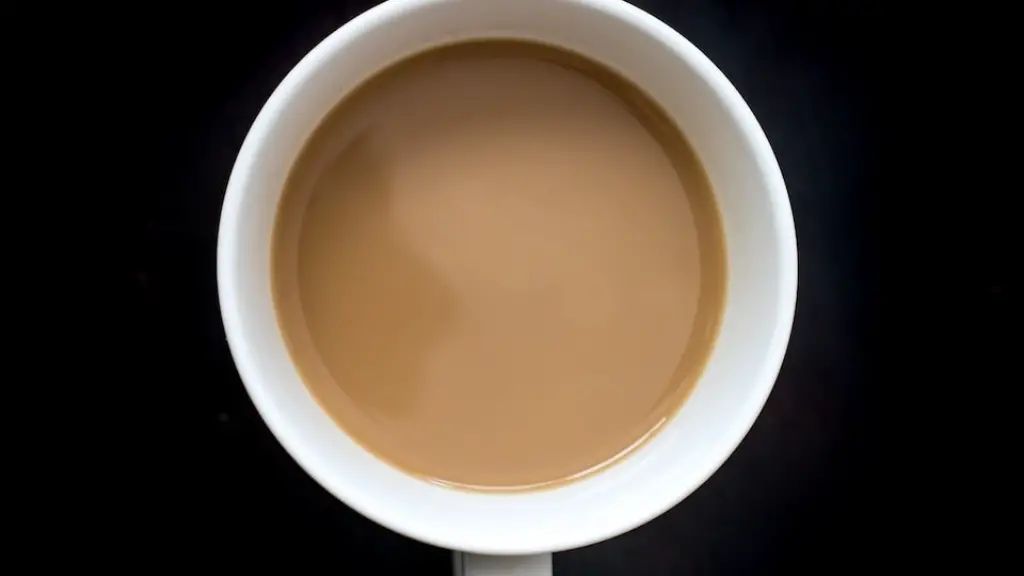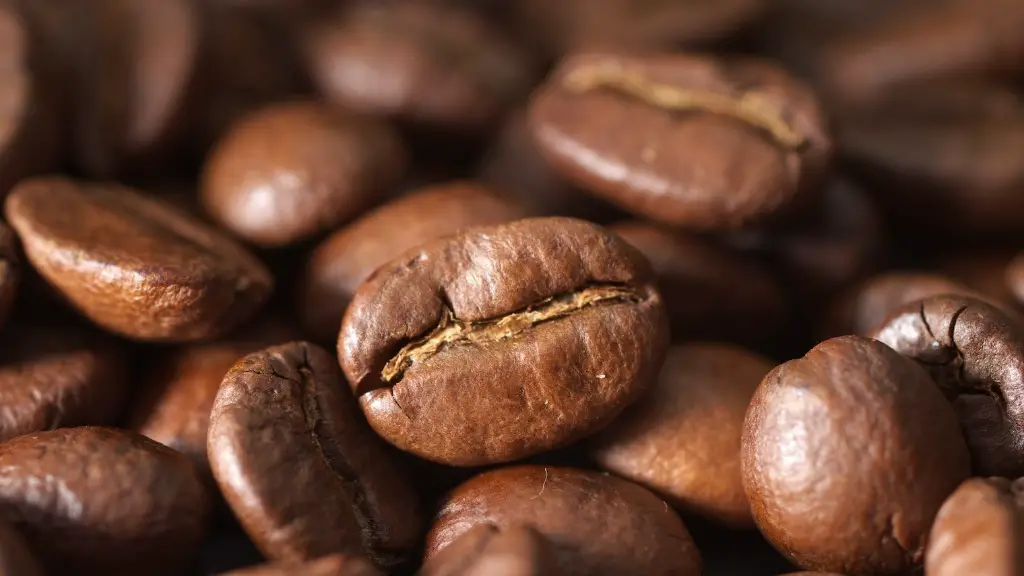Coffee and juice cleansing are two popular choices when it comes to health and lifestyle. But can you drink coffee while doing a juice cleanse? While it can be a difficult decision, there are some points to consider that may help you make the best decision.
The first thing to consider is your overall goal. If your goal is to completely detox and cleanse your body of harmful toxins, then you will want to avoid adding caffeine to your cleanse. However, if your goal is to simply jump-start your diet or replenish your body of essential vitamins and minerals, then adding coffee may not be as big of an issue.
The next question to ask is how much coffee you plan on consuming. Caffeine is a diuretic, which means it helps your body flush out water. If you consume large amounts of caffeine on a juice cleanse, you may find yourself dehydrated, which can be dangerous. It is also important to consider how your body reacts to caffeine. Some people are more sensitive to its effects than others, and even small amounts of caffeine can cause jitteriness, stomach aches, and headaches.
There are also potential benefits to adding coffee to a juice cleanse. Caffeine stimulates focus and mental alertness, which can be a great help during a stressful juice cleanse. Caffeine also has the potential to boost metabolism and burn more stored fat. This means adding small amounts of coffee to your juice cleanse could potentially help you reach your desired weight loss goals.
Of course, the decision of whether or not to add coffee to your juice cleanse ultimately comes down to personal choice. It is important to consider the potential benefits and drawbacks carefully, and to make sure you are aware of how your body is reacting to any changes. Talk to your doctor if you have questions or concerns about your health before adding any type of coffee to your diet.
Coffee and Weight Loss
If weight loss is your goal, coffee can be a great addition to a juice cleanse. Caffeine has been proven to increase the metabolic rate, which can help you burn more calories and fat. This can be especially beneficial if you are combining the juice cleanse with some type of exercise routine. However, if you consume too much caffeine you may find yourself feeling jittery and anxious, which could negate the calorie-burning benefits.
Coffee is also full of antioxidants, which can help fight inflammation, reduce stress levels, and boost energy. These benefits can help make any juice cleanse a more pleasant and successful experience. It is also important to be aware that coffee is calorie-free, so if you are looking to reduce your calorie intake and lean down faster, adding coffee to your juice cleanse is a great way to get an extra boost.
It is also important to remember that supplementation is not a substitute for a proper diet and regular exercise routine. Coffee can be a great tool to help you reach your weight loss goals, but it should be combined with a healthy diet and an exercise program to see the best results.
Finally, consider how much coffee you are adding to your juice cleanse. Even if you do decide to add coffee, it is important to consume it in moderation. Large amounts of caffeine can have damaging effects on your body, so start small and gradually increase if you do not experience any negative reactions.
Coffee and Detoxing
When it comes to detoxing, the decision to add coffee to your juice cleanse is entirely dependent on your overall goal. If you are trying to completely cleanse your body of toxins and interruptions to healthy functioning, then the answer is probably no. Caffeine is a stimulant and can interfere with your body’s natural detoxification process. While small amounts of coffee may not have any drastic effects, it is best to avoid it altogether when going on a juice cleanse.
However, if you are simply aiming to jump-start your diet and enhance your overall sense of well-being, then adding small amounts of coffee to your cleanse might be worth considering. Caffeine can give you the necessary energy boost you need to get through your day, and can help reduce fatigue, headaches, and stomach upset.
It is important to remember to limit your caffeine intake, start small, and stay hydrated. If you are feeling any adverse effects, it is best to avoid adding coffee altogether. As always, listen to what your body is telling you and make sure to discuss any dietary changes or concerns with your doctor before beginning your cleanse.
The Caffeine Alternative
If you are looking for an alternative to caffeine while on your juice cleanse, there are some great options available. Many people opt for herbal teas or decaffeinated coffee as a way to still get the energy boost they need without the potential side effects of caffeine.
Green tea is a great option for those looking for an energy boost. Green tea contains antioxidants called catechins, which can help reduce inflammation and boost mental alertness. Green tea also contains small amounts of caffeine, so it is a great compromise for those looking for an alternative to coffee.
Coconut water is also great for hydration and energy, and is a great addition to a juice cleanse. Coconut water is full of electrolytes, minerals, and vitamins, which can help you stay hydrated and energized for your cleanse.
Finally, raw juices are a great way to add essential nutrients to your body while also providing an energy boost. Raw juices are full of antioxidants and vitamins, which can help you power through your cleanse without reaching for the coffee.
Final Thoughts on Coffee and Juice Cleansing
Whether or not to add coffee to your juice cleanse is ultimately a personal decision, and should be decided based on your health goals and the potential benefits or risks. If you want to reduce toxins, it is best to avoid coffee altogether. If you are looking for an energy boost, then small amounts of coffee or decaffeinated coffee might be a viable option. Make sure to consult with your doctor and listen to your body’s cues before making any changes to your diet.
Practical Tips for Coffee and Juice Cleanse
If you do choose to add coffee to your juice cleanse, here are some practical tips to help you make the most of your experience:
- Start small. Start with a small amount of coffee and gradually increase as needed.
- Stay hydrated. Make sure to drink plenty of water or herbal tea to stay hydrated.
- Listen to your body. If you are feeling any negative effects, stop and reassess your coffee intake.
- Look for alternatives. Try herbal teas or coconut water to get an energy boost without the caffeine.
- Talk to your doctor. Make sure to consult your doctor before making any drastic dietary changes.
Benefits of Coffee and Juice Cleanse
There are a variety of potential benefits to adding a small amount of coffee to your juice cleanse. Here are some of the potential benefits that could come from adding coffee to your juice cleanse:
- Stimulated focus and alertness.
- Boosted metabolism and fat burning.
- Anti-inflammatory and antioxidant effects.
- Increased energy levels.
- Increased mental clarity.
- Aids in weight loss.
Disadvantages of Coffee and Juice Cleanse
Although adding coffee to a juice cleanse can have its benefits, there are some potential risks to be aware of. Here are some of the potential drawbacks of drinking coffee during a juice cleanse:
- Dehydration. Caffeine is a diuretic, which means it can cause dehydration if consumed in large amounts.
- Adverse reactions. Some people are more sensitive to the effects of caffeine than others and may experience jitteriness, headaches, or stomach aches.
- Interference with detoxification. Caffeine can interfere with your body’s natural detoxification process, so it is best to avoid it when doing a cleanse.





